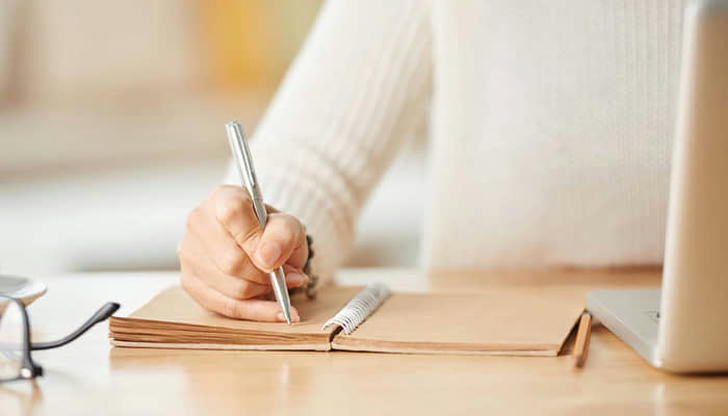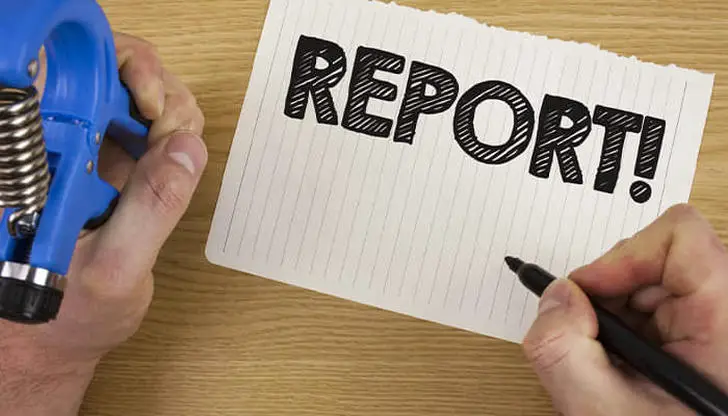10 Useful Tips to Improve Your Memory
Advertisement
Do you often forget where you left your keys or blank out information on really important tests. If you do have bad memories, then you’ve probably wished that your memory was a bit better. Fortunately, there are plenty of things that you can do to help improve your memory. Here we’ve listed 10 tips you should add each day to help improve your memory.
10. Focus on what you're trying to remember

The best way to remember something is to concentrate. Concentration is a deliberate process – info doesn’t enter your brain by osmosis. In order for information to move from your short-term memory into your long-term memory, you need to actually pay attention to this information. Getting rid of distractions might be a challenge, especially if you are surrounded by boisterous roommates or noisy children. So try to study in a place free of distractions.
9. Structure and Organize

Study has found that info are the related clusters organized through your brain. You can take advantage of this by organizing and organizing the material you are studying. Try to group similar concepts and terminology together, or list notes and textbook reading outlines to help group related concepts.
8. Repetition

Repetition makes perfect, and practicing repeatedly is the route to learning in almost every walk of life. Write it on your hand, make a pop-up on your phone, put a post-it note on your bathroom mirror. Things will eventually go in.
7. Mnemonics

A mnemonic is a technique to remember information. For example, when learning the alphabet or the number of days in each month when you were little, you probably learned them with the help of a song or rhyme. The best mnemonics are those that utilize positive imagery, humor, or novelty. Try doing the same thing with names, appointments, and lists.
6. Write it down

Writing it down is better than simply reading it in mouth to aid improving your memory. Even if you don't actually use your list or a note to remind you of an appointment, simply writing the information down will help your brain retain it.
5. Visualize concepts

Many people benefit greatly from visualizing the information they study. If you're trying to remember someone's name, visualize an object that will help remind you in the future. Think of summer for a woman named June or a cat for someone named Catherine.
4. Link your list

It is also helpful to remember things by linking the items you need together with a specific image or action in your head. For example, imagine you're in your laundry room holding a container of detergent, then walk into your kitchen to get some bread and milk, then move to the bathroom to replenish the toilet paper.
3. Use all of your senses to help improve memory

Are you afraid that you will forget your next haircut or have dinner with friends? List your appointments verbally, and then think about the softness of your hair after the salon visit and the aroma of your favorite restaurant food to help you consolidate your date.
2. Meditation

Meditation is an ancient method that can improve one's mental concentration when remembering, thereby improving memory. Study has shown that meditation and relaxation techniques can improve short-term memory and processing power in people of all ages.
1. Sleep on it

Researchers have long known that sleep is important for memory and learning. If you study new material then take a nap, you remember said material better than if you’d stayed awake for the equivalent amount of time. So the next time you're struggling to learn new information, consider getting a good night's sleep after you study.



